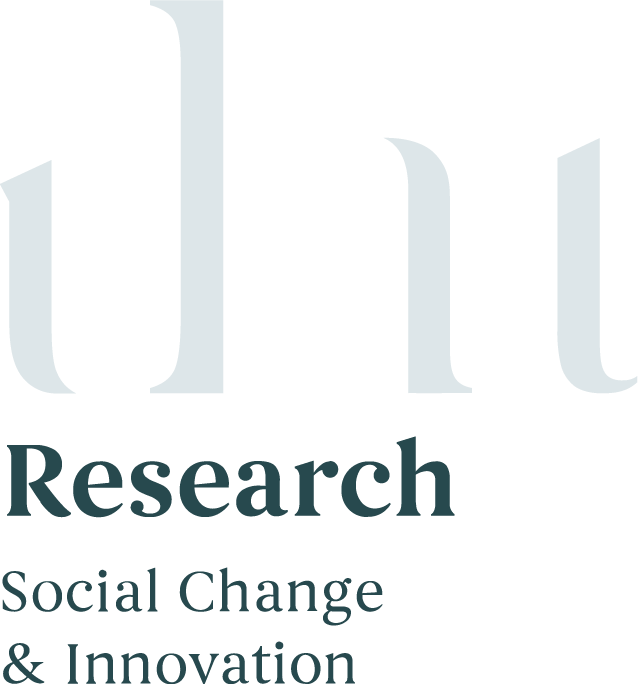Narratives from Youth: Evaluation of the Truancy Innovation.
Project Background
This report should be read in conjunction with results from the first phase of the evaluation (Hynds, Bradnam, Martin & Savage, 2022) that emphasised the early outcomes achieved through the Te Ora Hou Ōtautahi truancy innovation. The purpose of this second research phase is to concentrate on the voices of rangatahi who have been supported by the truancy innovation, and to understand their lived experience of school. Another aim was to identify the enablers and barriers to impact, therefore learning how we might better support schools to lift engagement and attendance.
What we did
Nine rangatahi and one whānau member were interviewed. In keeping with a Māori-centred methodology, participants were offered a choice in relation to how interviews were best conducted. All students opted to be interviewed by kaimahi as they were known to them. Kaimahi were trained by Ihi Research in interviewing protocols and ethical responsibilities. Case studies returned to participants for their review and comment.
Outcome
Te Ora Hou Ōtautahi has developed and implemented an innovative and successful approach to working with high schools to improve rangatahi attendance and wellbeing. This innovation was initiated and funded by Te Ora Hou in addition to the business-as-usual truancy approach. In order to support innovation, it is recommended the Ministry of Education move to commissioning wellbeing outcomes in partnership with providers.
“If other kids need support from people like you, I’d say go for it. At some point you are going to need some support with some sort of thing, and you guys help with a lot of that stuff, and you’ve definitely helped me through a lot of stuff other than just school. So yeah, I’d tell them to go for it.”
- student
Find out how we can help you
We’ll work with you to find out what’s working, where investment could be put to best use or how to improve anything not going to plan. We can help you define success and set tangible, measurable goals. And we talk in real language so you can understand and engage with the findings. We engage with the community to conduct community research and consultations for private companies, trusts, government agencies, NGOs and more. But we have a special interest in research that has a purpose - to better society and teach lessons. We aim to help those we work with build capacity to enact positive change.




